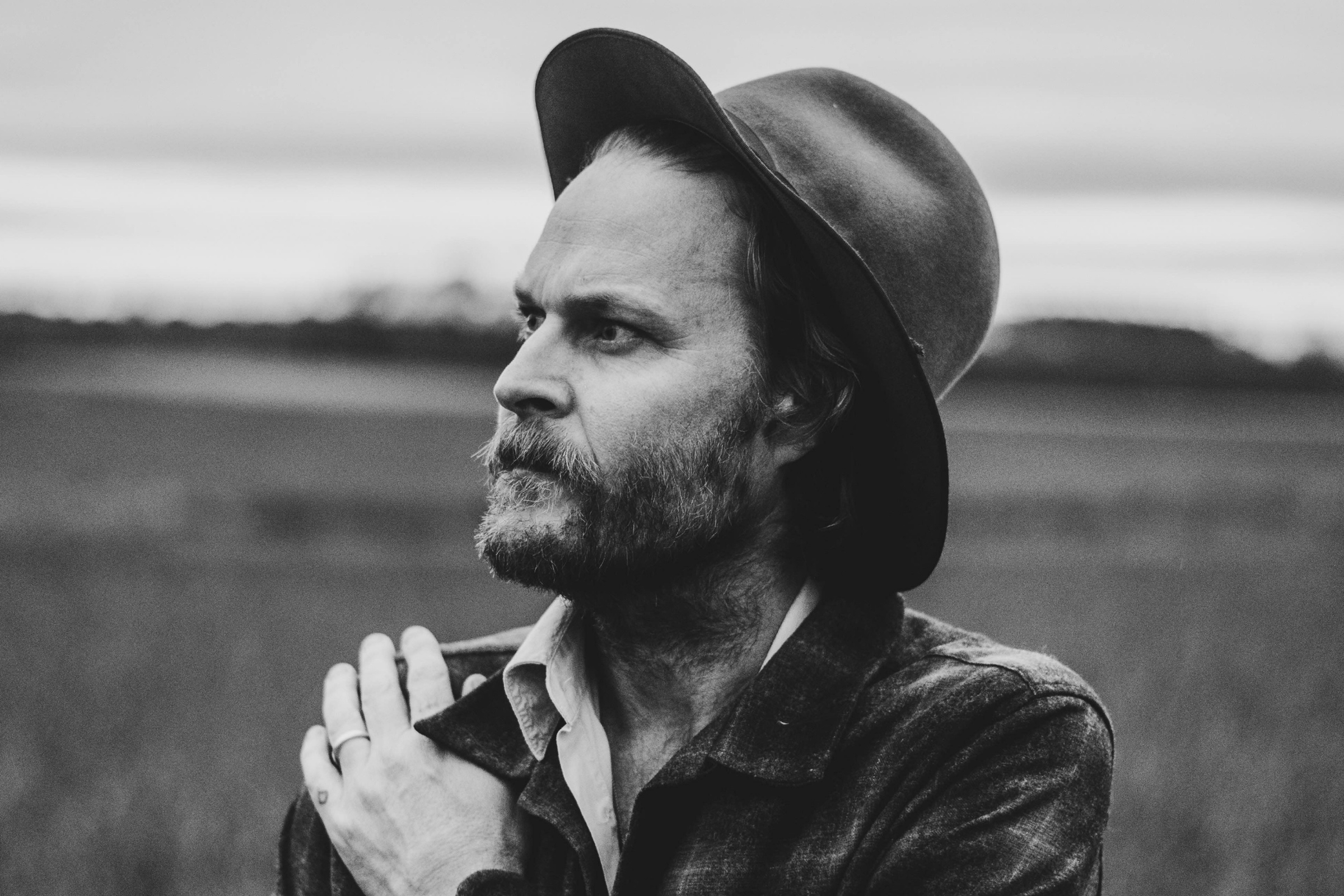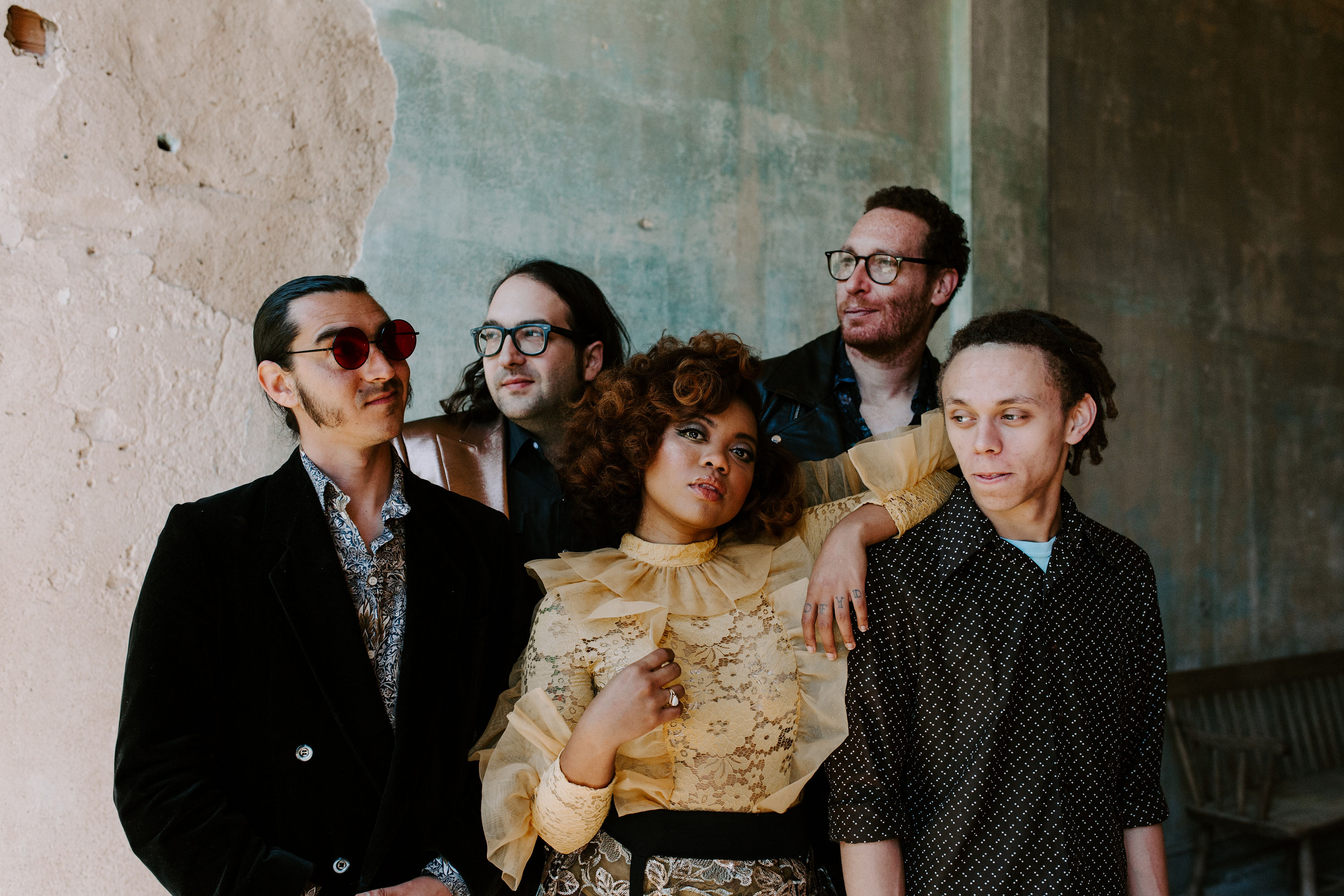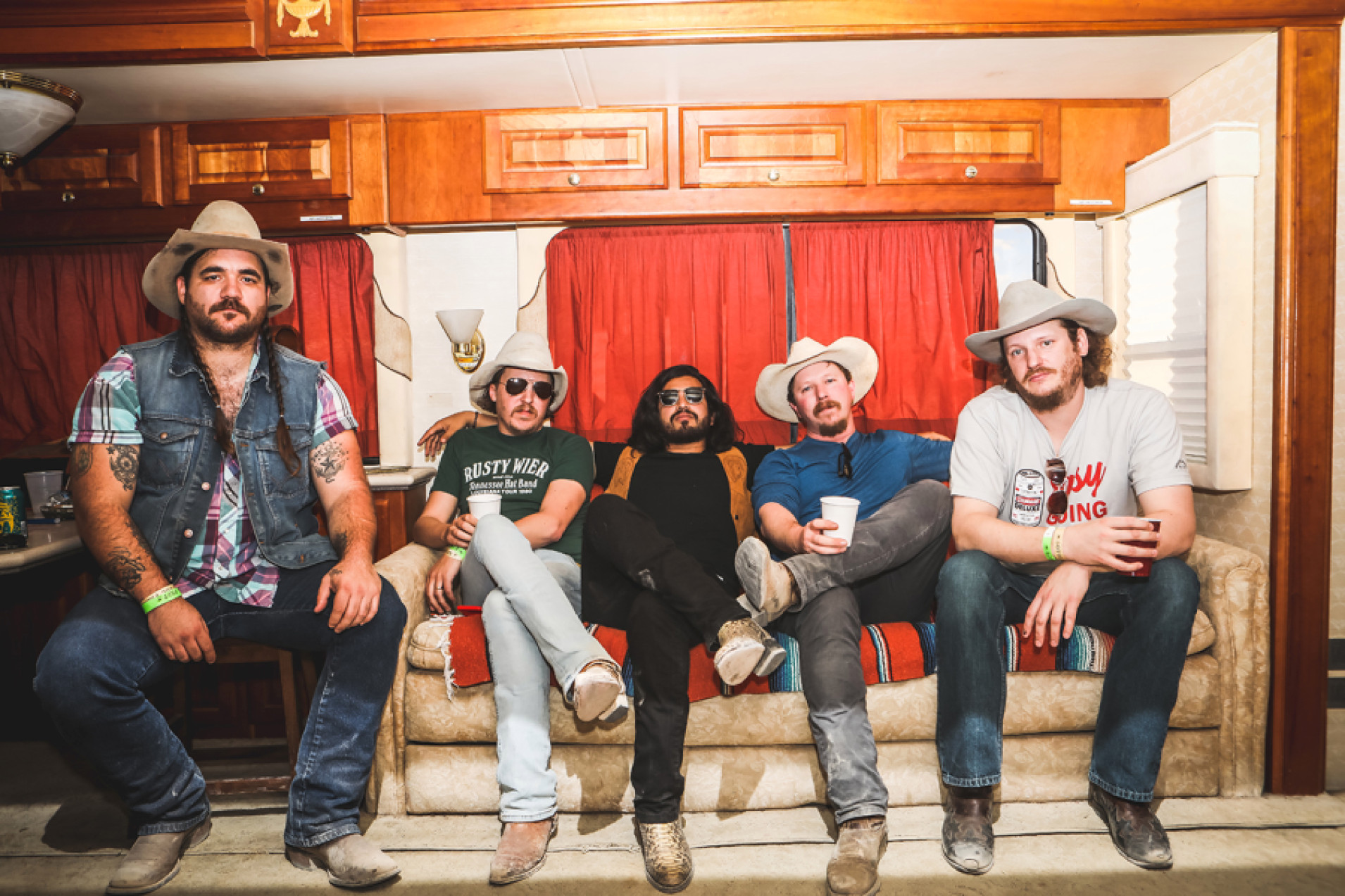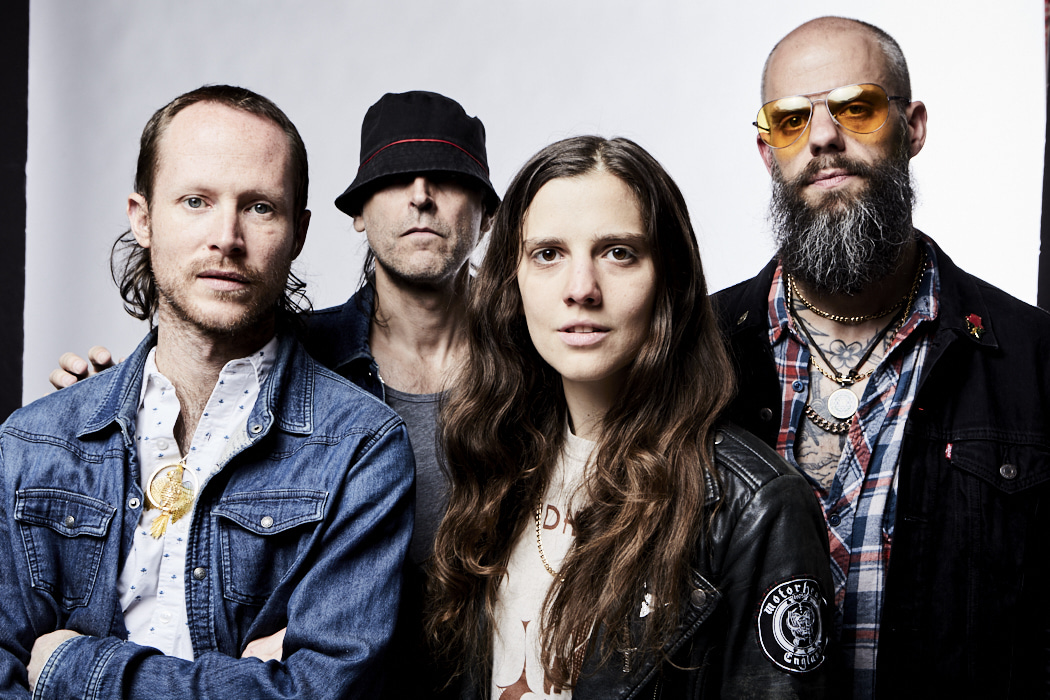Music
Caroline Rose breaks down the process behind her “schizodrift” music
The singer-songwriter talks about the big shift in sound on her latest album, Loner.

Photo courtesy of the artist.
Caroline Rose released Loner in February, four years after her last record, I Will Not Be Afraid. The distance between the two sounds may be even greater. She’s reinvented her sound, relying on computers to create much of her music now, and she has turned sad songs into pop songs.
Before her visit to Birmingham, she spoke with Jefferson County Journal about that reinvention, taking unlikely inspiration from Justin Timberlake and Britney Spears, and creating “schizodrift.”
Jefferson County Journal: Where did this new sound come from? What inspired it?
Caroline Rose: It was a pretty gradual change. It’s been four years since my last album, and I just started getting interested in other things, kind of honing in on a sound that I felt more comfortable with and a sound that I thought sounded more like me. I took some time to navigate how I wanted to say things and took some time to make the record. If people had heard all of the music that I was making in the transition, I think it would be less of a surprise.
I feel like you can hear a lot of the influences that I’ve come to really love. Folk music, country, [and] a psychobilly/punk element from my earlier work is definitely in there, but there’s a lot of additions as well.
Jefferson County Journal: You said there was a lot of other music that happened over the course of those four years. Will we ever hear that? Or is that just yours?
Rose: You’ll definitely hear it. Over those four years, I’ve remade my team — I switched labels and started working with some new people, and that kind of stymied putting out some of that transitional material. It will definitely come out, I’m just not sure exactly when.
Jefferson County Journal: What else has been going on the last four years? Extensive touring? Just working on that new sound?
Rose: I did a lot of touring behind my last album, then I kind of started building out a little home studio — mostly just for fun — in the process of learning how to record my own material. I got really into production and working with the computer and crafting sounds. I started experimenting with different ways to write music. And that’s what inspired the newer sound, I think — the ability to not only write on keys or guitar or playable instruments, but also being able to create and manipulate audio within computer software.
It’s a bridge between the two, and I still hold true to that. I think there’s something to be said about being able to play a song solo or with a stripped-down band and have it come through and feel fully formed. But there’s something to be said about what you can do with producing songs and how you can enhance the song in so many ways. You can turn it into something that’s danceable or something that’s a lot more experiential — so when you put on your headphones, you kind of get transported into a different world.
That’s something I’m still heavily interested in. Right now, during our time off, I’m constantly scouring the internet for gear that I want to use. I’m setting up my patch bay, reading articles about different ways to record. I’m just trying to get better at that aspect of it so that I can do more on my own.
Jefferson County Journal: How does the older material fit beside the newer material? Have you reimagined it with a poppier sound, or are you playing two different styles live?
Rose: I think my last album has a time and a place. One of the benefits of making music in the modern age is that you can listen to different styles of music — a playlist culture has emerged, and I think it’s rare to find someone that is exclusive to one genre of music. It’s possible to listen to an album and find the similarities between them. I also wouldn’t expect someone to put them both on and think, “Yeah, these really jive together.” I wouldn’t expect someone to put them both on at the same party. But I do think there are elements to enjoy in almost every genre of music.
Jefferson County Journal: You’ve said that this record was just as inspired by Britney Spears and Justin Timberlake as it was by ‘70s punk. Is there any irony in that statement, or do you have an authentic appreciation for commercial pop music?
Rose: I think commercial pop music is way more complex than people give it credit for. Specifically, I’m talking about a certain sound — I’m really talking about the production.
I’m mostly intrigued by the [Britney Spears] song “Toxic.” I think it’s one of the greatest songs ever written and produced. It was written and produced by a Swedish duo [Bloodshy & Avant]. They originally wrote it for Kylie Minogue and she turned it down. So that’s how Britney Spears ended up using the song.
I’m really inspired by T.I.’s production with Justin Timberlake and [Bloodshy & Avant]. There’s samples from Bollywood soundtracks, there’s folk music in there. If [Timberlake’s] “Cry Me a River” isn’t the greatest pop song ever written, it’s in the top three — along with “Toxic” — and there’s like Mongolian throat singing or Gregorian chants or some s—.
It’s like really deep stuff that you only end up finding if you are an expert traveler or you’ve gone serious YouTube vortexes of deep elements of folk music. But it’s also danceable and incredibly interesting — the layers of musicality are inspiring. I’ve definitely taken huge, huge chapters out of that book of production ideas.
That’s where I’m coming from with those particular inspirations. I do understand why people would think that’s ironic, because I think the general sense is that pop music is dumb and a lot of pop music is dumb. But it’s brushed aside as if there isn’t an intellectual and really complex structure and layers of musical depth to it. It’s discredited, and I’m trying to break down that myth.
Jefferson County Journal: You said that “Toxic” and “Cry Me a River” were two of the three greatest pop songs ever written. What’s the third one?
Rose: I’d say “Billie Jean” by Michael Jackson. There’s so many. But those are three that I am heavily influenced by.
Jefferson County Journal: Do you ever break out a cover of one of those live?
Rose: We may or may not play one of those live, yes [laughs].
Jefferson County Journal: There’s a song on the record that includes the phrase “Schizodrift Jam 1.” You called it that because you call what you do “schizodrift.” What is schizodrift?
Rose: I was trying to find a genre that made sense for my music and it’s really hard. Because it’s a little bit poppy, it’s a little bit punk, it’s a little bit surfy at times, and it’s hard to describe exactly what it is. I was trying to make music that sounded like my personality.
I was trying to emphasize the mood swings and I think I was thinking back to when I was a kid and insults that someone hurled at me — calling me a “schizo” — which is normally pretty offensive. And I’m just trying to own it, because I think it sounds like the music. It’s really just trying to emphasize the sudden shifts and changes in what I think makes up my personality really well. I can just as easily be depressed one day and not want to get out of bed and the next day be the life of the party. I was trying to speak to that and make music that people could enjoy. But when you dive into the lyrics, it’s really heavy. Other than “Soul No. 5,” which is a shamelessly feel-good song loosely inspired by cat-calling culture, I’d say most of the songs are pretty sad.
Caroline Rose comes to Saturn on Sunday, May 20. Red Harp opens. Doors are at 7 p.m. and the show begins at 8 p.m. Tickets are free. For more information, visit saturnbirmingham.com.







